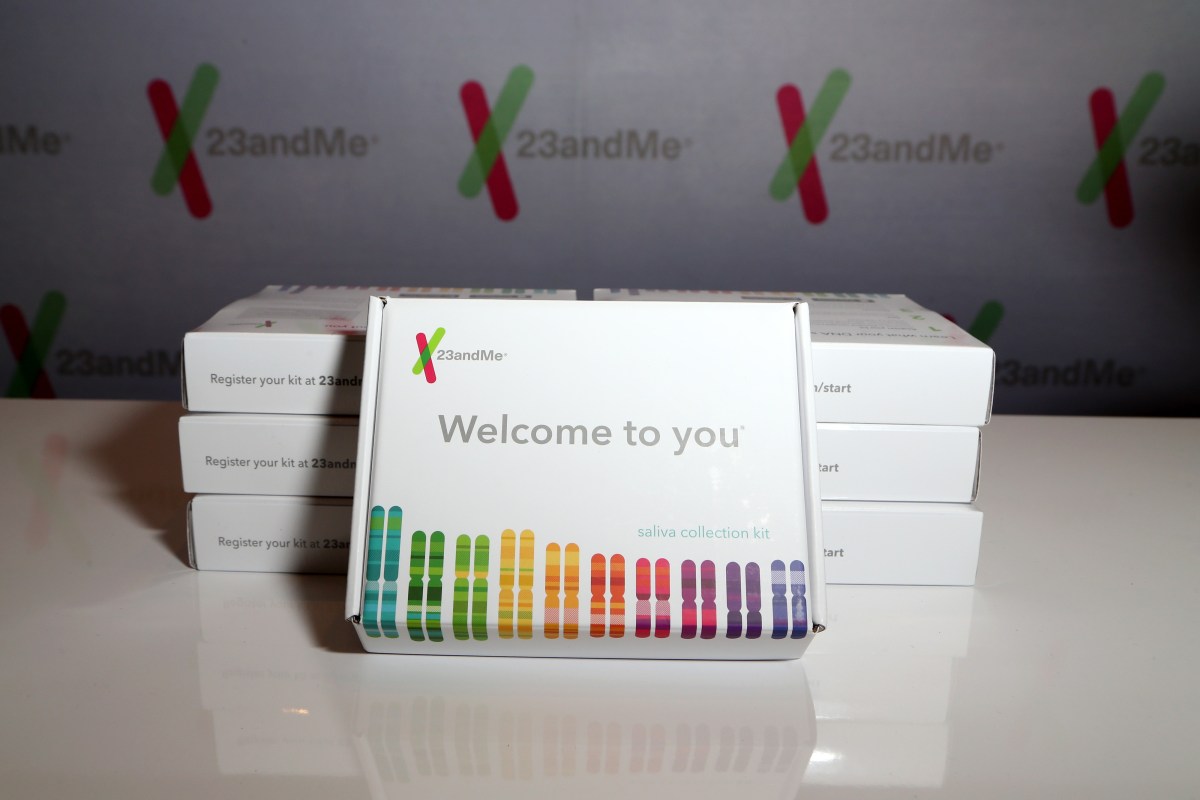They’re blaming customers for not having good cybersecurity practices instead of themselves for not having good cybersecurity practices.
From a PSA stand point, 23andMe makes a really good point here.
From a Legal / Responsible Data Custodian perspective, it’s the same collective responsibility bullshit that the oil industry likes to shit out about climate change.
deleted by creator
The issue isn’t just reuse of passwords. Only about 14,000 accounts were breached because of bad passwords. The problem is that those 14k accounts allowed bad actors to access the personal information of nearly 7 million people. It’s less “you shouldn’t have reused your password,” it’s more “your neighbor’s cousin’s sister-in-law’s nephew shouldn’t have reused his password”
deleted by creator
… And you should not opt in to sharing data with people whose security practices you don’t know.
Don’t print your SSN and give it to your inlaws or your grandma. Or your credit card info or anything else.
While it’s not the point 23andMe wants to make here, it is an absolutely horrible idea to allow a company to access, catalog and sell your DNA information. Shame they didn’t touch on that point.
23andMe can have all of the security practices they want, but they can’t stop users from reusing passwords from other sites.
Uhh yeah you can…
Mandatory 2FA with phone and password retry count. If it’s targeted using breach data of email/passwords then the 2FA should still stop the majority…
Shouldn’t service providers be hashing the plaintext passwords that show up in dark web leaks to see if matching users reused those passwords?
Wouldn’t really be of any use if they’re doing things right and salt their hashes
They typically do, but that doesn’t stop hackers from posting the plaintext.
The real solution is to never store plaintext and to use MFA.
This is the best summary I could come up with:
“Rather than acknowledge its role in this data security disaster, 23andMe has apparently decided to leave its customers out to dry while downplaying the seriousness of these events,” Hassan Zavareei, one of the lawyers representing the victims who received the letter from 23andMe, told TechCrunch in an email.
In December, 23andMe admitted that hackers had stolen the genetic and ancestry data of 6.9 million users, nearly half of all its customers.
The hackers broke into this first set of victims by brute-forcing accounts with passwords that were known to be associated with the targeted customers, a technique known as credential stuffing.
“The breach impacted millions of consumers whose data was exposed through the DNA Relatives feature on 23andMe’s platform, not because they used recycled passwords.
23andMe’s attempt to shirk responsibility by blaming its customers does nothing for these millions of consumers whose data was compromised through no fault of their own whatsoever,” said Zavareei.
Lawyers with experience representing data breach victims told TechCrunch that the changes were “cynical,” “self-serving,” and “a desperate attempt” to protect itself and deter customers from going after the company.
The original article contains 721 words, the summary contains 184 words. Saved 74%. I’m a bot and I’m open source!
Yeah, users have some of the blame, but 23andme shares responsibility by not having basic detection of bad actors. Some things that come to mind are rate limits, alarms on strange user login behavior, watching for mass logins from an unexpected region, excessive bad password attempts across a large number of users.





